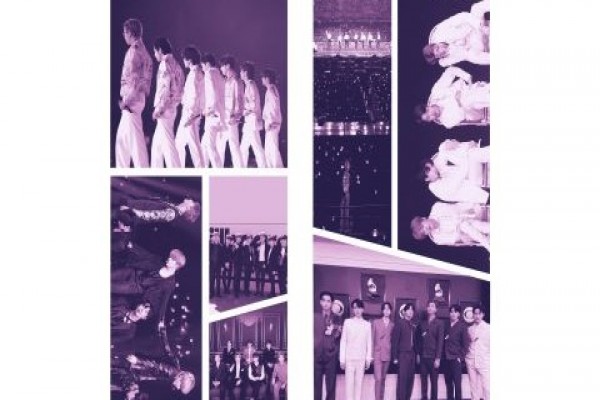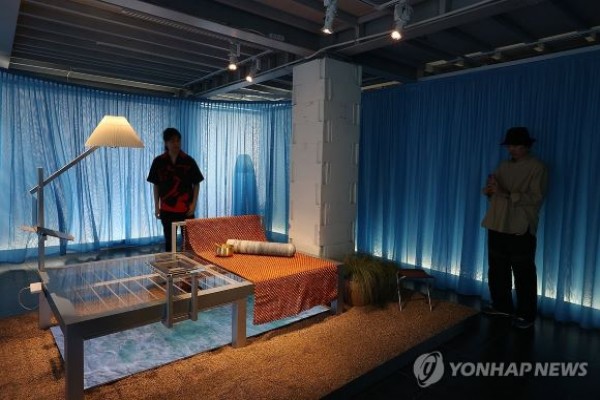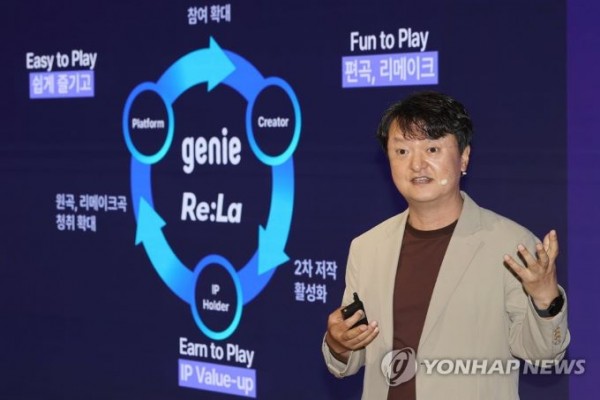130, Suyeonggangbyeon-daero,
Haeundae-gu, Busan, Republic of Korea,
48058
NEWS & REPORTS
Apple's Vision Pro likely to accelerate Samsung's race in XR eyewear biz
Jun 22, 2023
- Source by Yonhap
- View2016
"We expect XR devices to have significant potential for growth in the future"
Samsung Electronics Co. is expected to speed up the development of virtual and augmented reality eyewear, as Apple Inc. unveiled its much-anticipated mixed-reality headset, the Vision Pro, earlier this week. The U.S. tech company, on Monday (local time), introduced what it called its first "spatial computing" headset during the Worldwide Developers Conference at the Apple Park Campus in Cupertino, California, joining Facebook's parent company, Meta Platforms Inc., and other players in the race to make high-end, tech-laden devices.
Apple said its new US$3,499 gadget, to be officially launched early next year, allows users to "interact with digital content in a way that feels like it is physically present in their space," by enabling them to navigate and use various apps with eye and hand control gestures.

This file photo, taken Aug. 10, 2021, shows the corporate logo of Samsung Electronics Co. at its office building in Seoul. (Yonhap)
Apple's headset launch could give an impetus to Samsung, which is no stranger to the wearable market. In 2015, the South Korean tech giant launched a virtual reality headset, the Gear VR, in collaboration with Oculus VR, but ended service for its XR applications in October 2020.
Earlier this year, Samsung said it was working with Qualcomm and Google to build an ecosystem for extended reality (XR), an umbrella term covering virtual reality (VR) and augmented reality (AR). "It will take time to introduce new products, but we will make progress and provide you with new updates," Roh Tae-moon, president of Samsung Electronics' Mobile eXperience business, said at the biannual Galaxy Unpacked event in San Francisco in February.
Roh stressed the importance of collaboration with strong partners, saying creating a new ecosystem cannot be done by Samsung alone. Industry experts speculate Samsung could develop XR headsets built on Qualcomm's chipset and Google's operating system, based on a series of Samsung's recent moves in the field. Earlier this year, Samsung is said to have trademarked Galaxy Glasses at the U.S. Patent and Trademark Office, with the filing covering virtual reality headsets, augmented reality headsets, headphones, smartphones and smart glasses.
Last month, Samsung Display Co., Samsung Electronics' display panel making subsidiary, announced its merger agreement with eMagin, a New York-based organic light emitting diode (OLED) display maker, for $218 million. The U.S. firm makes OLED panels for AR and VR applications.
"We expect XR devices to have significant potential for growth in the future, and eMagin's technology in this space will enable Samsung to offer innovative products to more customers and strengthen its XR-related business," said Choi Joo-sun, president and chief executive officer at Samsung Display.
According to industry analyst International Data Corporation, the global XR market is expected to grow 32 percent on-year to reach $50.9 billion in 2026, up from the $13.8 billion in 2022. Park Hyung-woo, an analyst at SK Securities, said the fact that Apple chose mixed-reality devices for its next big thing speaks volumes, and might be "more important" than the launch of the Vision Pro itself. As a trend-setter in mobile apps and platforms for the past two decades, Apple's new device could set the future direction of the global mixed-reality wearable market, he said.
By Woo Jae-yeon

























